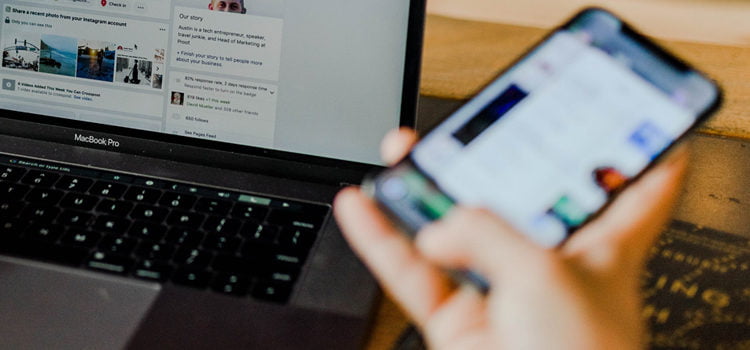Leave No Room for Claims of “Fake News”
In recent months, several journalists have come forward to point out inaccuracies in former New York Times Executive Editor Jill Abramson’s new book. It’s a sad sign of our self-satirizing times that Abramson’s book is about journalism, and the title contains the words “truth” and “facts.”
In a February interview with New York magazine, Abramson admitted that she doesn’t record interviews or conversations on iPhone or any other phone for that matter. “I’m a very fast note-taker,” she claimed. “When someone kind of says the ‘it’ thing that I have really wanted, I don’t start scribbling right away. I have an almost photographic memory and so I wait a beat or two while they’re onto something else, and then I write down the previous thing they said.”
That seems like a risky strategy for someone engaged in “the fight for facts.” Many other reporters have called out this practice as ridiculous. For one thing, an almost photographic memory is not a photographic memory. Secondly, doesn’t photographic apply to images only? Did she mean echoic? And thirdly, what is Abramson missing while she’s focusing on writing down the ‘it’ thing but the interview subject is still talking?
Like other kinds of heroes, good journalists live by a code. They strive for fairness and impartiality, but they don’t pretend all arguments have the same merit. They don’t trust the conventional wisdom. They know it’s better to be right than first, and if a story sounds too good to be true, it’s probably not true. Good journalists cite their sources and own their mistakes, correcting them instead of covering them up. But most importantly, they do all they can to avoid making mistakes in the first place.
Your audience trusts you to find reliable sources and report their statements accurately, so you need to be able to trust your interview records. No matter who you are, you can’t depend on scrawled or hastily typed notes. To guarantee that your quotes stand up to scrutiny, you need an impartial, undeniable record of every word. But many call-recording apps are scammy and sketchy. They come with poor sound quality, buggy technology, and inconvenient restrictions. You can’t trust them with your headline-grabbing interview.
CallTap is a better app to record conversations on iPhone. Buy minutes packages with no recurring charges if you only need to record calls occasionally, or get a yearly subscription with huge savings to record unlimited incoming and outgoing calls. Try it free for three days. As soon as you hang up, your recordings are available for you to store in the cloud. Easily export them to your preferred apps, including Dropbox, iCloud, Google Drive, Email, Slack, and Messages.
The automatic audio-to-text transcription tool is still in beta mode, but it creates a good first draft and saves you (or your intern) from having to type the conversation from scratch.
When you record your phone interviews with CallTap, you can create a permanent digital record and guarantee the accuracy of your quotes. Whether the quotes themselves are true, well, that’s up to you to figure out.
